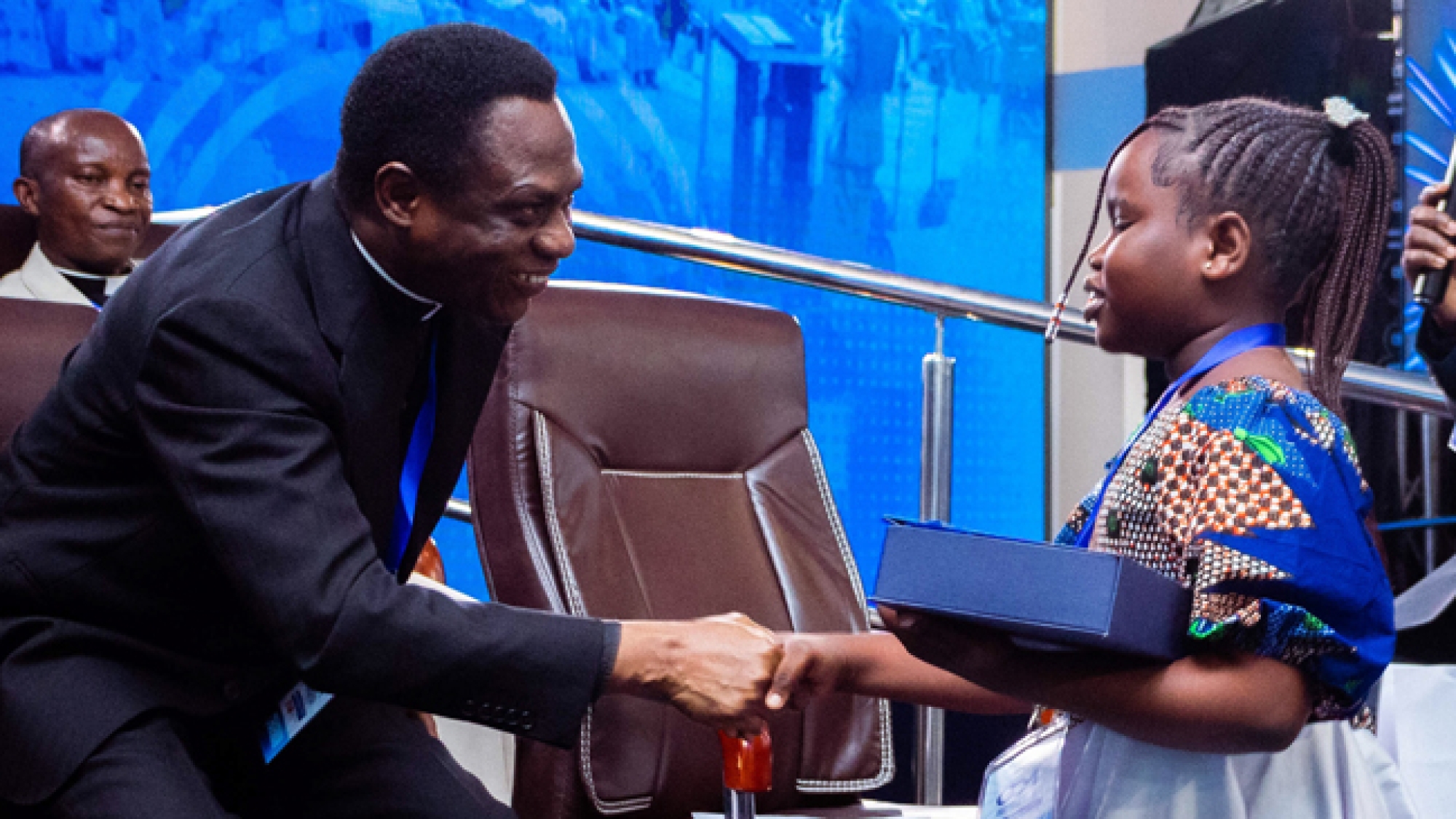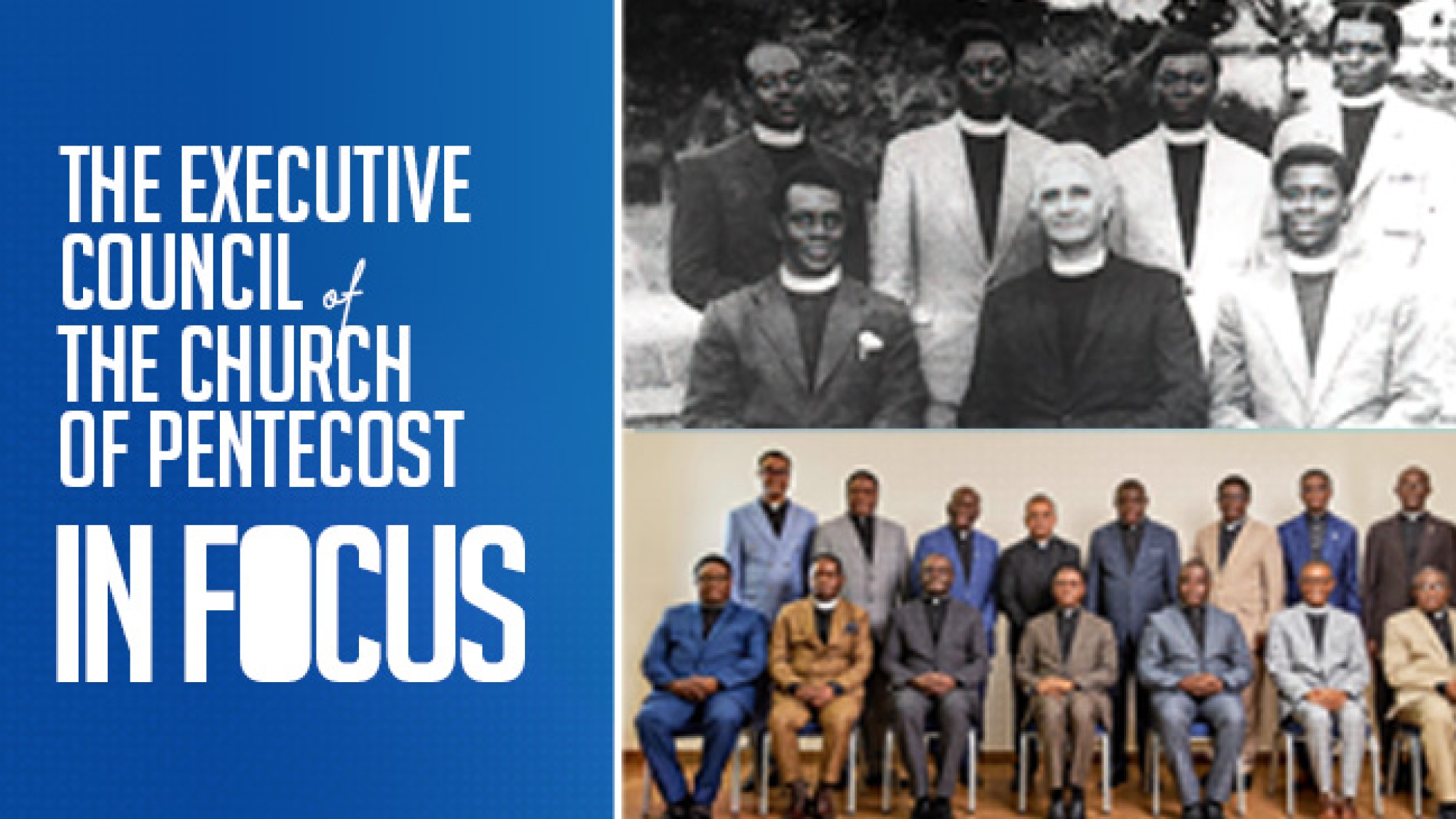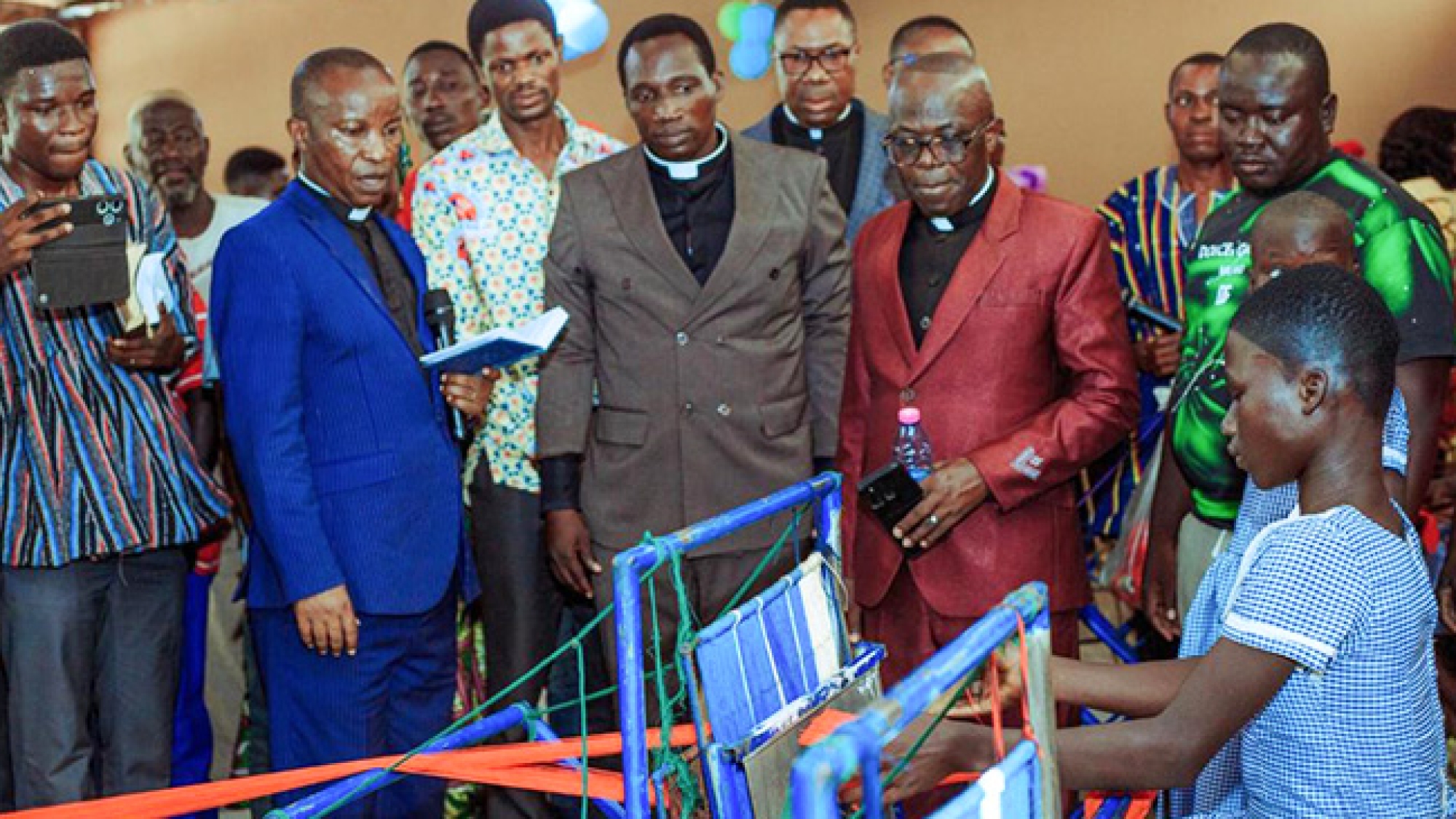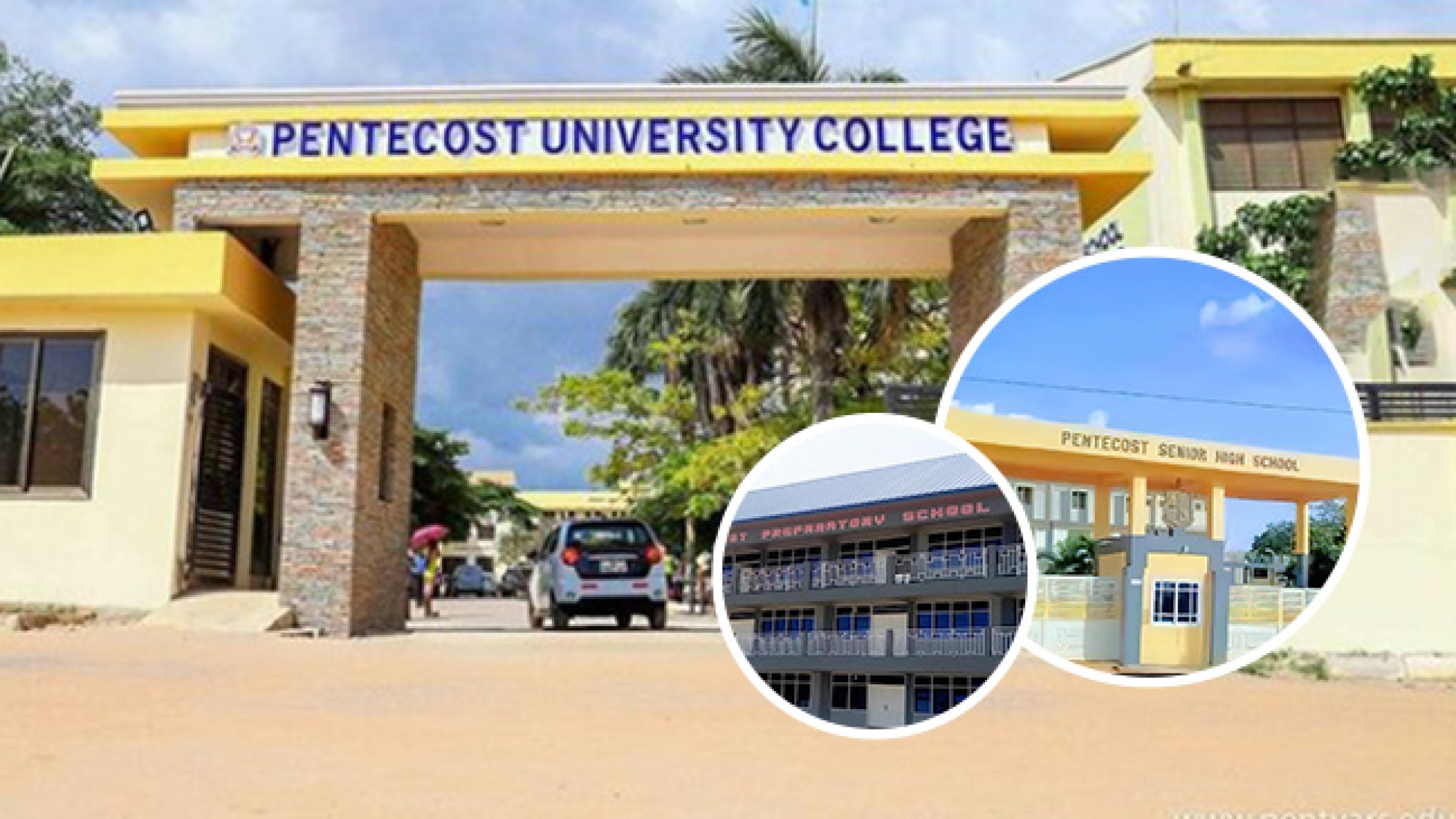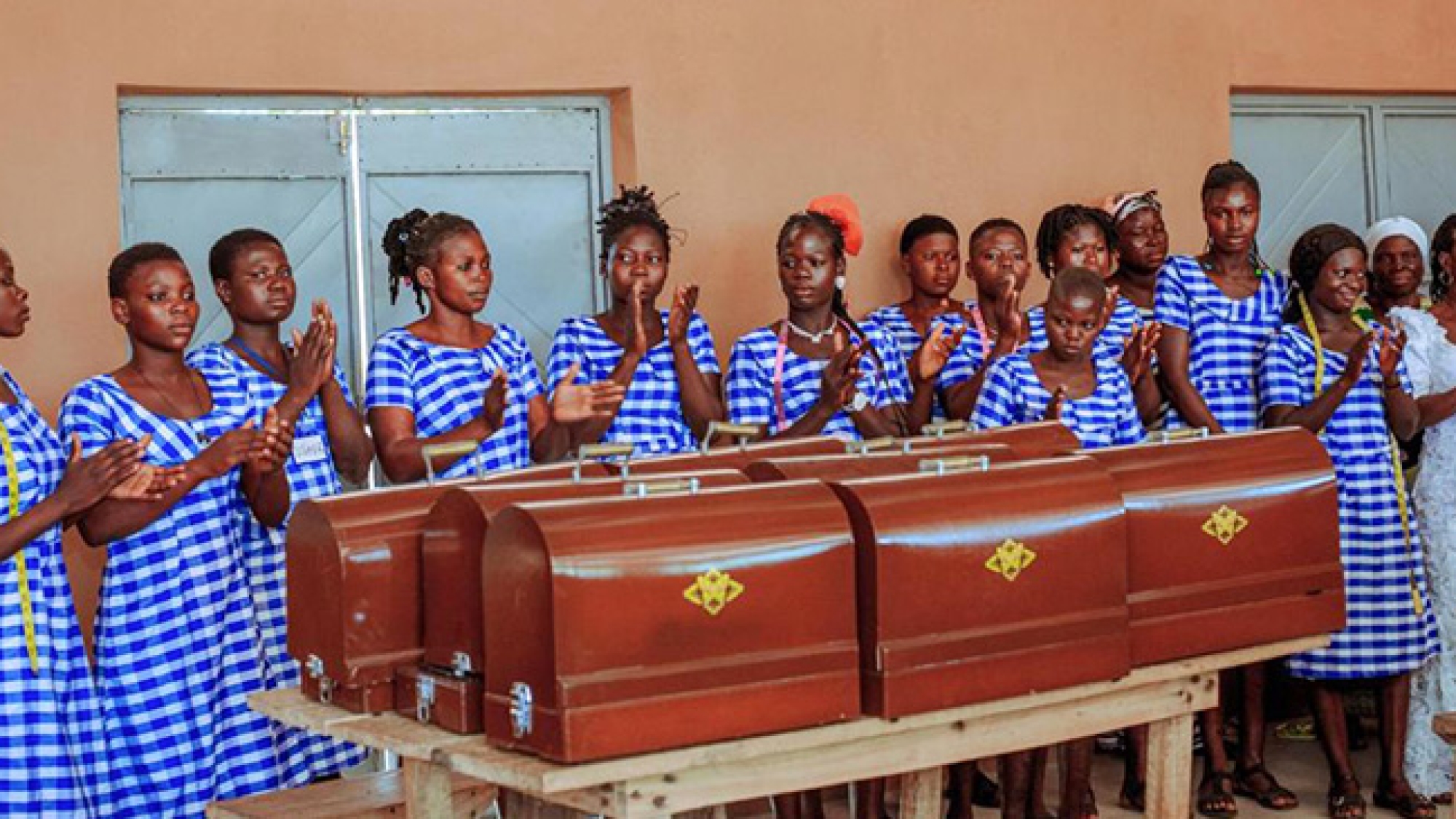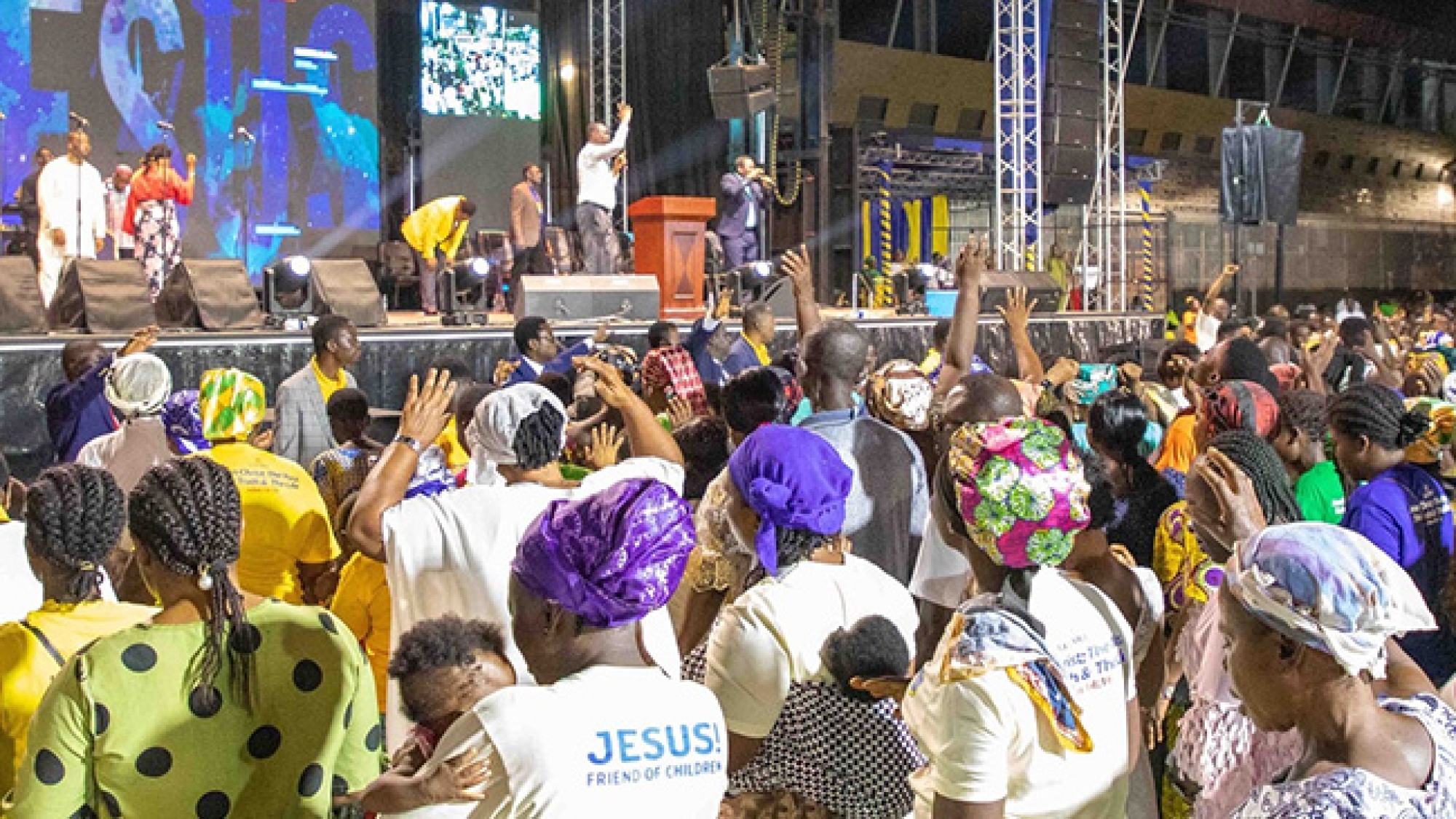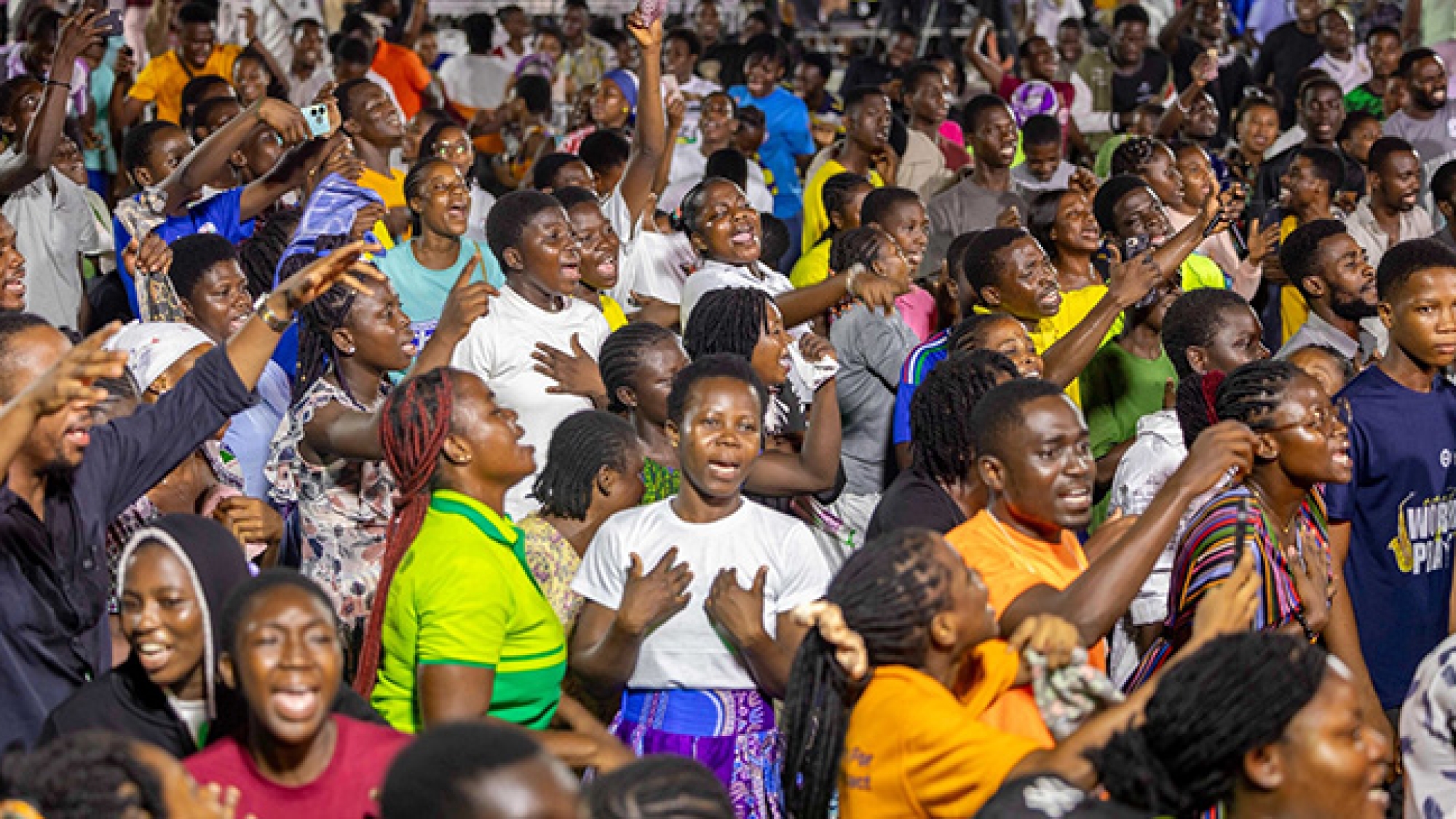One of the most significant moments of the 47th Session of the General Council Meetings of The Church of Pentecost is the election of new members to serve on the Executive Council—the highest decision-making body of the Church, second only to the General Council itself.
Today, as the Church prepares to elect new leaders to this august body, we reflect on the legacy, structure, and evolving composition of the Executive Council, and celebrate the remarkable contributions of the outgoing members.
THE STRUCTURE AND ROLE OF THE EXECUTIVE COUNCIL
The Executive Council is a 15-member committee that plays a pivotal role in the governance and spiritual direction of The Church of Pentecost. It functions as the administrative and doctrinal steering committee of the Church, supporting the Chairman in the day-to-day running of the global Church and ensuring that policies and practices align with the Church’s vision and divine mandate.
Historically, the Executive Council began as a seven-member body in the early years of the Church, composed of the Chairman, the General Secretary, and other senior ministers. As the Church grew in size and influence, there was the need for broader representation and shared leadership.
Many years later, the membership expanded to nine (9) during Apostle Dr. Michael Ntumy’s tenure as Chairman of the Church in the latter years of the 20th century.
A major turning point came in 2015 under the leadership of Apostle Professor Opoku Onyinah, the immediate past Chairman (now retired) when the membership was again expanded.
Recognising the Church’s increasing global footprint and complex administrative needs, he spearheaded the expansion of the Council from nine to fifteen (15) members. This reformation allowed for greater diversity in representation across nations, ministries, and generations.
A HISTORICAL GLANCE
The first Chairman of the Executive Council was Pastor James McKeown, the founder of The Church of Pentecost. He was joined by early Ghanaian leaders such as Apostle Fred Stephen Safo, who later became the first African Chairman of the Church, Apostle Joseph Egyir Paintsil, the then General Secretary, Apostle Appau Asante, Apostle J.C.Quaye, Prophet M.K. Yeboah and Apostle C.G.A. Hushie, who laid the foundations of governance for the young Pentecostal movement. Over the decades, the Council has seen many renowned leaders who have contributed immensely to the shaping of the Church’s doctrines, missions, and global evangelistic thrust.
A historic milestone was achieved during the tenure of Apostle Eric Nyamekye-led Council in 2020 when Apostle James Raj Sundaram, a missionary of Indian descent, was elected to the Council. He became the first non-African minister to serve on the Executive Council since the time of Rev. James McKeown—a powerful testament to the Church’s increasing global inclusivity and international reach.
CELEBRATING THE OUTGOING MEMBERS
This year’s elections are particularly significant as seven distinguished members of the current Executive Council conclude their term of service. These include:
• Apostle Yaw-Adjei Kwarteng
• Apostle Samuel Osei Asante
• Apostle Mike Etrue
• Apostle Isaac Nii Kotei Djani
• Apostle Sylvester Arhin
• Apostle Dr. Dela Quampah
• Apostle James Raj Sunduram
These men of God have served faithfully and diligently, offering wise counsel, spiritual insight, and sacrificial leadership during a time of global challenges and significant transitions, including the implementation of the Vision 2023-28 agenda. Their legacy includes strengthening doctrinal purity, promoting missions and church planting, and enhancing the visibility of the Church in various spheres of society.
As they bow out, the Church owes them a debt of gratitude. Their service has not only impacted the present but has laid a strong foundation for future leaders to build upon.
LOOKING AHEAD
As the General Council prepares to elect new members today, we prayerfully anticipate a new chapter in the history of the Church. A chapter that will require leaders of deep spiritual conviction, administrative skill, and cultural sensitivity. The new Executive Council must be equipped to navigate the complexities of a fast-changing world while remaining anchored in the unchanging truths of Scripture.
May the Spirit of God guide every step of the process. And as new voices join the council, may they be graced with wisdom, vision, and the humility to serve.
“The God of our fathers shall be our God, and we shall not fail.”





